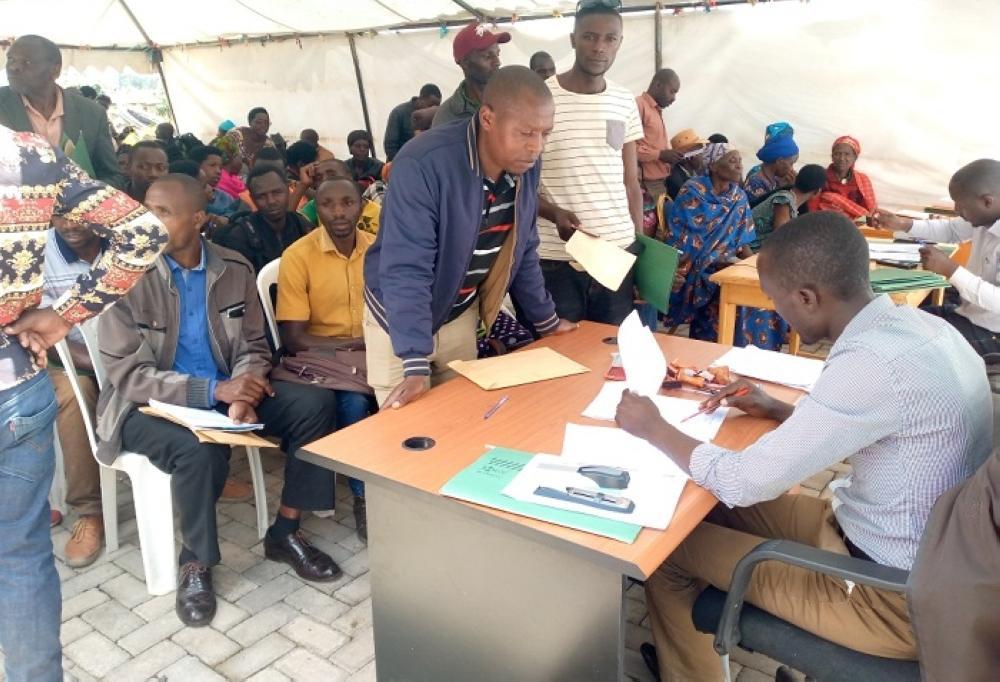Africa-Press – Rwanda. The recent decision by the Government of Rwanda to reduce charges on land transactions following public outcry is not a mere administrative adjustment but rather a profound demonstration of servant leadership in practice.
It reflects a governance philosophy rooted in empathy, accountability, and responsiveness to the real needs of citizens. At its core, leadership is not about the authority to make rules, but about the humility to listen, evaluate, and act when those rules no longer serve the people effectively.
For many Rwandans, land is not just a property; it is identity, security, and a legacy to be passed on from one generation to another. When transaction costs became an obstacle to ordinary citizens seeking to formalize ownership or transfer land, it touched a nerve that runs deep in the social fabric.
By stepping in to address these concerns, the government has reaffirmed that public policy must always remain anchored in the people’s lived realities. This is what builds trust between citizens and their institutions: a government that listens when the people speak, and responds not with rhetoric, but with tangible change.
Such an act should serve as a powerful reminder to leaders at all levels, especially within local government, that effective governance begins with attentive listening to the led. Those closest to the people—cell officials, sector leaders, and community representatives—are the first line of connection between the population and the central government. When they fail to communicate public concerns upward, policies risk drifting away from the everyday experiences they are meant to improve.
True servant leadership requires leaders who are not defensive when citizens complain, but rather inquisitive and eager to understand, to verify, and to find solutions. Laws and policies are not sacred relics; they are living instruments designed to serve the collective good. When circumstances change, they must adapt.
The decision further demonstrates that governance is not static. It evolves with the people it serves.
If this spirit of responsiveness can be replicated across other public services, Rwanda’s governance model will continue to stand as one where accountability is not forced but internalized, and where leadership is measured not by titles held but by lives improved. In this, the government has set a tone worth emulating—one that places people, not procedure, at the heart of public service.
For More News And Analysis About Rwanda Follow Africa-Press






